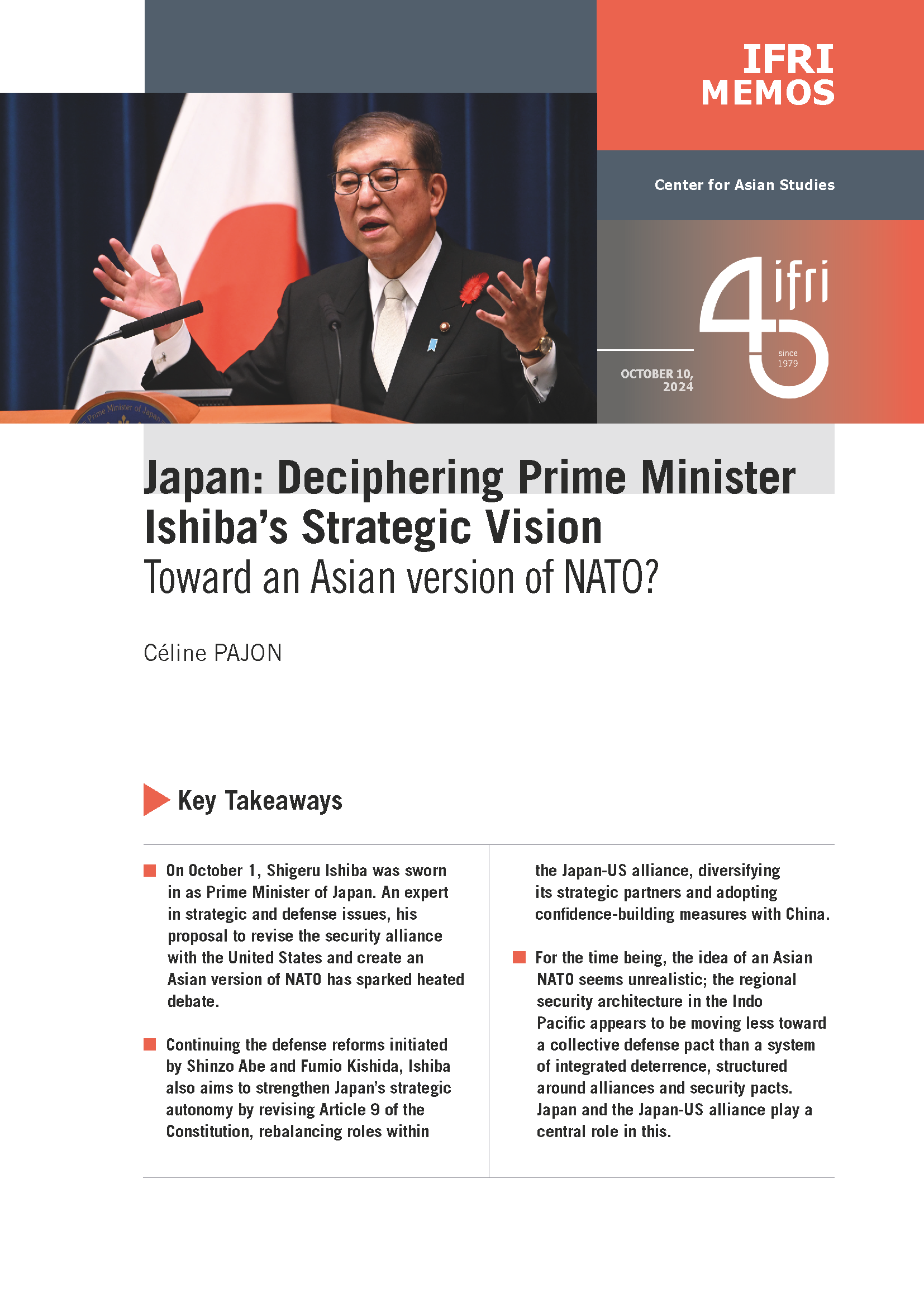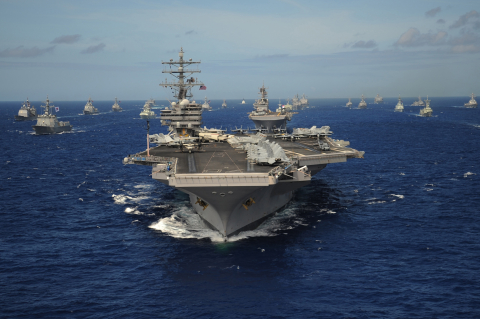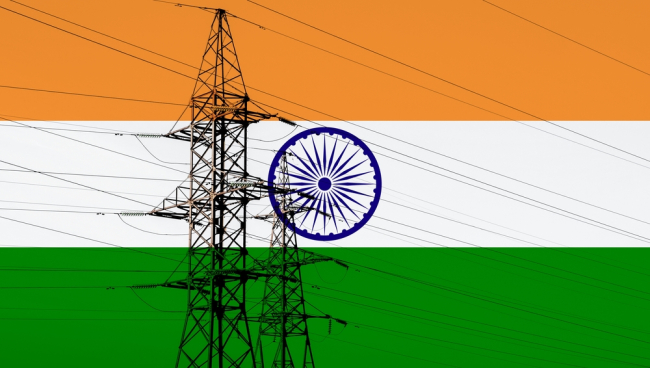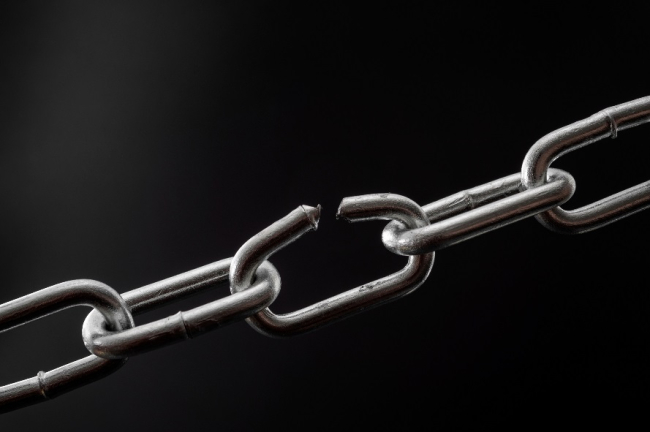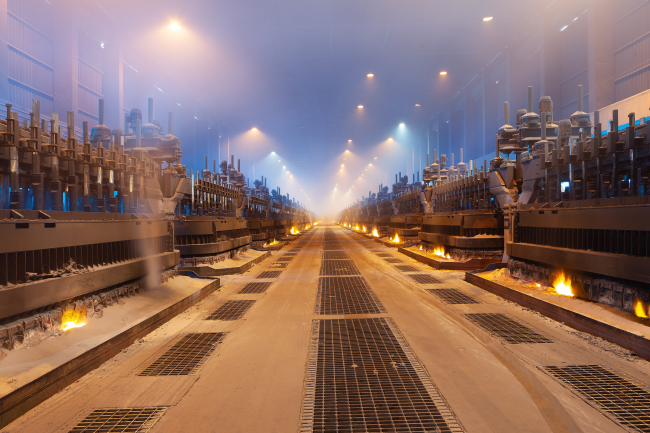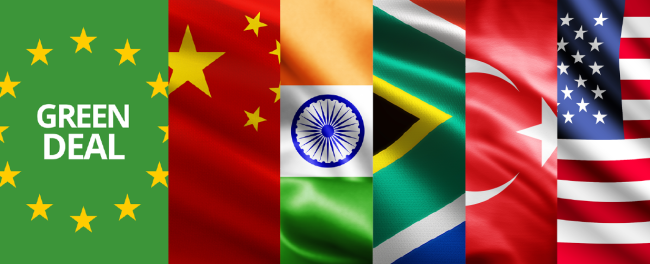A Smiling Medveded

In Denmark last Tuesday, President Medvedev said he had a smiling face for the world. Not surprising. The deal he is reported to have done with President Yanukovitch should bring smiles to many Russian faces - mostly in the Kremlin. However, it is unlikely that the President’s namesake in Gazprom, Alexandre Medvedev is smiling because his company’s interests have once again been subordinated to Russia’s foreign policy agenda.
Earlier in this decade many said that Russia was right to raise gas prices to Ukraine and Belarus because it didn’t make economic sense for Russia to subsidize their consumption. But those lower prices were never driven by economics any more than is President Yanukovitch’s “lower” gas price now. The price increases to Ukraine were punishment for the Orange Revolution, Ukraine’s convergence with the west and talk of NATO. The political price tag on the new Russian/Ukrainian gas deal is all too apparent with the agreement to extend the lease of Russia’s Black Sea fleet in Ukrainian ports by another 25 years - a breathtaking concession which Russia will be only too happy to enforce - unlike the gas price deal that looks like so many others.
" Cheaper gas for decades " is an ill-defined concept. Cheaper than what? The deal struck does not appear to give Ukraine any real price break compared with prices at the German border it leaves in place discretionary penalty clauses and take-or-pay provisions that will bind if Ukrainian gas consumption were to decline - and at Russia’s discretion. Even if Ukrainian/Russian relations were destined to be warmer under President Yanukovitch, he should have gotten a great deal more for granting 25 more years of the Russian fleet at Sebastopol. Russia’s major gas buyers have negotiated better deals without yielding their equivalent of national sovereignty. It would seem reasonable for Ukraine to expect at a minimum a gas price equivalent to the lower of the National Balancing Point price for spot gas in the UK or the lowest price to any German buyer of Russian gas discounted for transport.
Ukraine’s economy is dangerously over-dependent on gas. Higher Russian prices these past years have not been passed through to consumers and Ukrainian gas consumption reflects the energy profligacy of the Soviet Union. Ukraine will have no choice but to begin passing through these prices if they are to expect continuing support from the EU and IMF. Unhappiness over the deal will only make adjustment to higher prices more difficult. Unfortunately, this deal continues to follow the specious logic that Ukraine’s energy security concerns are external and that Russia is either the problem or the solution. Many of Ukraine’s real vulnerabilities are internal, i.e. inefficiency, pricing, market structure, lack of transparency, and more.
The opposition was unambiguous in its anger about the extension of the Sebastopol lease. But they have only themselves to blame after squandering the potential of the Orange Revolution by tolerating years of fratricide between President Yushenko and Julia Tymoshenko. Ukraine remains as vulnerable as it was before to Russian use of its gas exports to advance its foreign security agenda and Europe’s drive for greater diversity of gas supplies is as justified and urgent as ever.
It should come as no surprise that President Yanukovitch’s supporters in the parliament who seek to railroad Ukraine’s deal with the Russians into law - have egg on their face.

Also available in:
Regions and themes
Share
Related centers and programs
Discover our other research centers and programsFind out more
Discover all our analysesIndia’s Broken Power Economics : Addressing DISCOM Challenges
India’s electricity demand is rising at an impressive annual rate of 9%. From 2014 to 2023, the country’s gross domestic product (GDP) surged from 1.95 trillion dollars ($) to $3.2 trillion (constant 2015 US$), and the nation is poised to maintain this upward trajectory, with projected growth rates exceeding 7% in 2024 and 2025. Correspondingly, peak power demand has soared from 136 gigawatts (GW) in 2014 to 243 GW in 2024, positioning India as the world’s third-largest energy consumer. In the past decade, the country has increased its power generation capacity by a remarkable 190 GW, pushing its total installed capacity beyond 400 GW.
The Troubled Reorganization of Critical Raw Materials Value Chains: An Assessment of European De-risking Policies
With the demand for critical raw materials set to, at a minimum, double by 2030 in the context of the current energy transition policies, the concentration of critical raw materials (CRM) supplies and, even more, of refining capacities in a handful of countries has become one of the paramount issues in international, bilateral and national discussions. China’s dominant position and successive export controls on critical raw materials (lately, germanium, gallium, rare earths processing technology, graphite, antimony) point to a trend of weaponizing critical dependencies.
The Aluminum Value Chain: A Key Component of Europe’s Strategic Autonomy and Carbon Neutrality
The United States of America (US), Canada and the European Union (EU) all now consider aluminum as strategic. This metal is indeed increasingly used, especially for the energy transition, be it for electric vehicles (EVs), electricity grids, wind turbines or solar panels.
The EU Green Deal External Impacts: Views from China, India, South Africa, Türkiye and the United States
Ahead of June 2024 European elections and against the backdrop of growing geopolitical and geoeconomic frictions, if not tensions, between the EU and some of its largest trade partners, not least based on the external impacts of the European Green Deal (EGD), Ifri chose to collect views and analyses from leading experts from China, India, South Africa, Türkiye and the United States of America (US) on how they assess bilateral relations in the field of energy and climate, and what issues and opportunities they envisage going forward.



